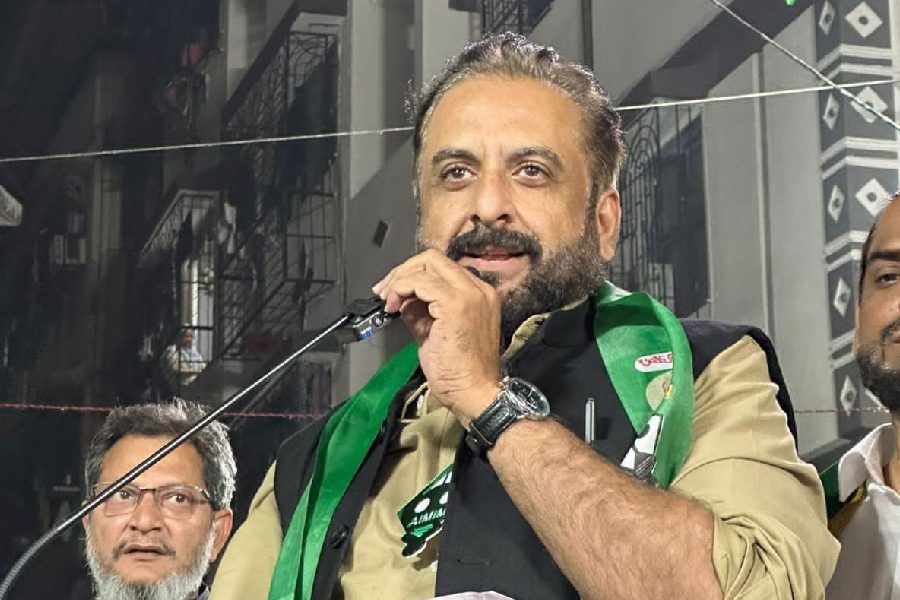Bangladesh has said that holding elections is its internal matter after India expressed apprehension over its easter neighbour’s ban on its former ruling party, the Awami League.
“Holding the national elections is entirely Bangladesh’s internal matter,” Shafiqul Alam, the press secretary to the interim government of chief advisor Mohammad Yunus, said on Tuesday while responding to a query on India’s criticism of the ban on the Awami League.
“I have already said that the ban on activities of this party is necessary to protect national security and sovereignty, ensure the safety of July movement activists and safeguard plaintiffs and witnesses of the International Crimes Tribunal,” Alam added.
His comments came shortly after external affairs ministry spokesperson Randhir Jaiswal flagged the ban on Bangladesh’s deposed prime minister Sheikh Hasina’s party without due process.
“The ban on the Awami League without due process is a concerning development. As a democracy India is naturally concerned at a curtailment of democratic freedoms and shrinking political space. We strongly support the early holding of free, fair and inclusive elections in Bangladesh,” Jaiswal had said.
The interim government – set up after the coup that forced Hasina to flee to India – had banned the Awami League on Saturday under Bangladesh’s anti-terrorism law.
The ban also includes the Awami League’s online platform through which Hasina has been addressing her countrymen and diaspora.
The interim government’s advisors say the Awami League supporters are free to air their political views, but not voice their support for a party which led a tyrannical rule.
On May 4 alleged Awami League supporters had attacked Hasnat Abdullah, a prominent face of the July movement and chief organiser of the new National Citizen Party, on the way to Dhaka at Ghazipur.
The ban was imposed within a week of the attack.
Taking a dig without naming India, which had long been an ally of Bangladesh under Sheikh Hasina, the interim government’s press advisor Alam wrote on his social media page: “The elections during Sheikh Hasina’s dictatorship were so “inclusive” that some countries never bothered to issue any reactions to the day-light robberies.”
He told the news agency Bangladesh Sangbad Sanstha: “The wounds left by the crimes committed by this party against humanity are still fresh. We have witnessed how Awami League completely destroyed our democratic fabric, severely squeezed our political space and compromised our sovereignty during its 15-year tyrannical rule”
“We remember how the Awami League repeatedly reduced elections to a farce and caused irreparable damage to the electoral process and institutions,” he had added.
After the rebellion against Hasina in last year July and August led mostly by students, there was a demand for holding elections at the earliest, which was later shifted to within a year.
Alam has said that ever since she was forced to flee the country and seek shelter in India, Hasina has not stopped her “disinformation campaign.”
“In the nine months since thousands of Bangladeshi protestors drove the notoriously brutal and corrupt Awami league from power, the party’s leader, Sheikh Hasina, has continued to wage a campaign of disinformation and incitement from her refuge in India. Party stalwarts, many of them having absconded abroad with the looted money, have supported this campaign online and with direct action within Bangladesh,” Alam said.
Bangladesh’s International Crimes Tribunal is investigating the alleged atrocities and crimes committed during Hasina’s rule, like forced disappearances, mass and targeted killings and the suppression of the July movement.










